West Yorkshire Cameras and the Survival of Analogue
8 Share TweetHoward Parker is a film camera specialist who runs a shop dedicated to analogue photography in the UK. He discusses his views on the revitalisation of the medium from his perspective as a businessman dependent on the industry's survival.

What made you want to run a vintage camera shop? How did you get started and find your foothold in the industry?
Well, it sort of started by accident. I was buying, using and then selling so many different cameras (instead of concentrating on my university degree) that I decided to start a small business. I got lucky with the timing as it was just when film cameras were becoming popular again. It took a lot of hard work and advertising, plus help and guidance from Huddersfield University were unquestionably a big part of the initial success. They provided us with a stall in the covered market. Hauling stuff back and forth from Huddersfield market every other week was not so fun though.
Were there any steep learning curves when you were finding your feet?
Learning how every single camera works and what every control does on every model, and the differences between very similar cameras are something which I'm still learning every day. Even though I can now pick up any analogue camera and know how to use it, there are still instances where I am totally flummoxed! At the start, it was a little overwhelming, especially when trying to show someone how to use a camera that I was not entirely familiar with myself.
What are the challenges you’ve faced when dealing with second-hand analogue camera equipment?
Definitely checking and testing items can be difficult because when I sell a camera or a lens, I have to offer a 3-month warranty on everything. That means that I have to learn to spot not only faults which might apply to any camera or lens, but also know what fails on particular models. For example, Exakta cameras are prone to having pinholes in the shutter curtains, and Minolta X300s suffer from capacitor failure.
Also: repairs. I've learned by trial and error mostly; how to fix particular problems and clean fungus from lenses, etc. A lot of the equipment that comes to me needs minor repairs and generally sprucing up.
Organization is very difficult as well since there's such a big variety of equipment coming through the door. It's all well and good having places for Canon, Nikon, or Pentax items to live - but where do you put the oddball Bessamatic lenses? Or the Petriflex? Or the tentacle monster made of cable releases? More importantly, where do you put them so that you can find them again?!
Why have the shop at all? Why not make the most of the digital age and run the shop exclusively as an online business?
I find that especially with older and used equipment, people really love being able to handle something before they buy it. Not only to check it out and make sure everything fits their expectations but to see how they feel about it. I always tell newcomers that it's more important that a camera feels right in their hands, rather than what brand it is or the quality of the lenses.
Why do you think analogue photography has survived the digital revolution?
I genuinely think that a lot of people are sick of looking at screens all day. Go to work, stare at the computer. Get on the bus, stare at your phone. Get home, stare at the TV. Go take some photos, look at the world around you, and don't have a screen in the way. Make something tactile and real. I think, especially in the case of instant photography, that despite the expense analogue photography has survived. There's no logical need for it really, but the sense of making something you can hold in your hand appeals to a lot of people.
You have a shop full of cameras — it’s your very own personal analogue playground — so when you’re out shooting for yourself which camera do you pick up?
Ouch, the toughest question of all. Well, I guess it depends on what I'm going to take photos of, but I have a Hasselblad 500CM, Leica M3, a turn of the 20th century Kodak 5x4 plate camera, SX70, Nikon F, Box Brownie — the list goes on. I even have a Lomography camera, although I've hacked it up a bit. I really want to make my own camera out of wood at some point.

What future do you predict for film photography? Do you think there’s an expiry date or will it endure?
I think it's 'cool' and 'hip' at the moment (people still say 'hip' right?) which has boosted demand. That might fizzle out in a couple of years but there will always be the die-hard audience, proper enthusiasts who don't mind the cost and the maintenance. It's like classic cars or vinyl. Even if all celluloid film production were to cease and it all ran out, you can still mix up a bit of collodion from the right ingredients — and develop your film with coffee!
Outside of photography, what makes you happy?
Mainly Cats. Wine. My old car called Janis when she works. And I'd probably be a dribbling mess without my girlfriend Hattie keeping me in check.
What’s the most interesting thing you’ve had come through the shop?
Oh, that's a tough one too. The Kunik Vanity camera in blue tortoiseshell and gold was fun — that had a lipstick holder and a mirror. The Ilford Advocate is a nice one too. A Nikon F from the very first production batch was good. And the Olympus Ecru was interesting. At the moment we've got a Voigtlander Vitessa with folding doors.
I just find them all so interesting!
Visit the West Yorkshire Cameras website to find out more about this independent shop or follow them on Instagram and Facebook.
written by flea on 2017-06-01 #people #vintage #analogue-photography #photography-shop #west-yorkshire-cameras







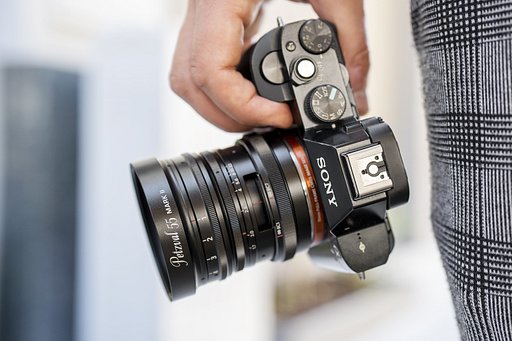





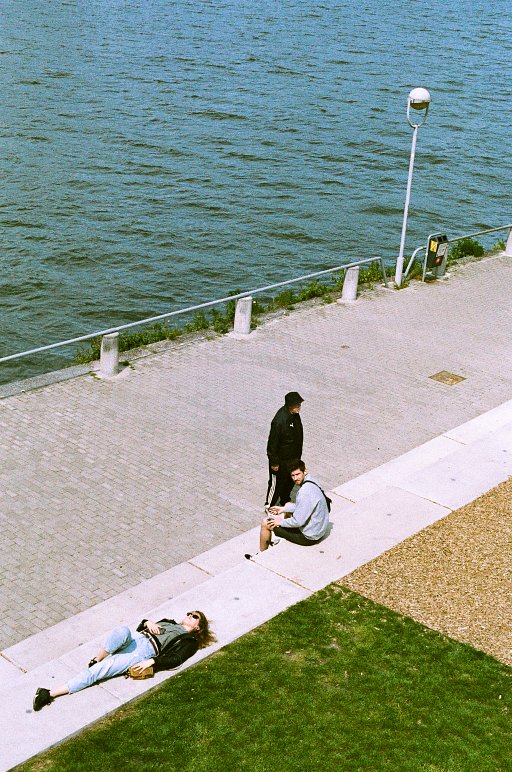
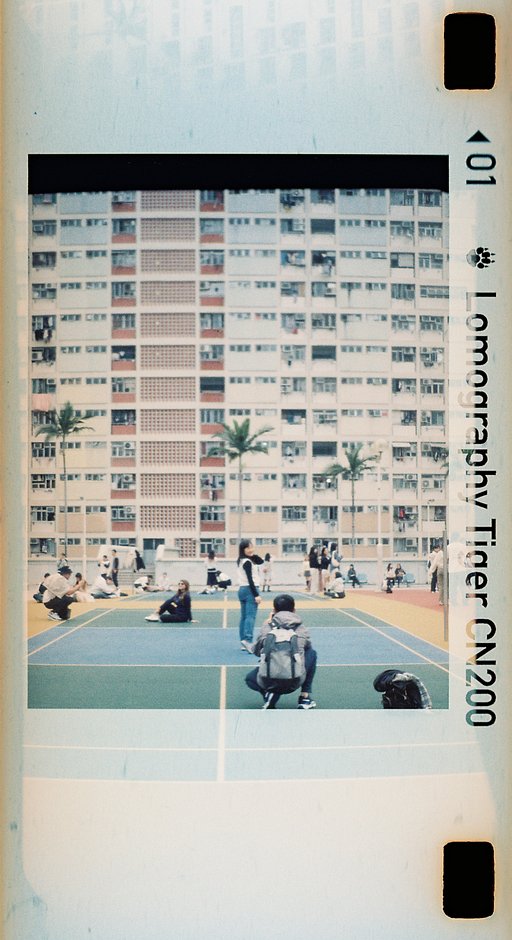


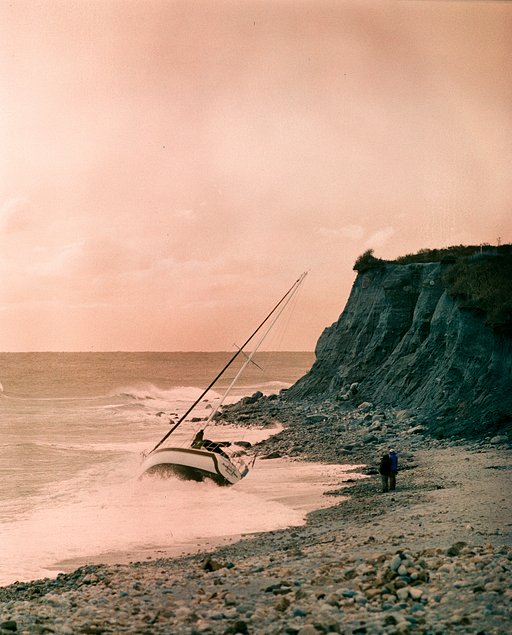

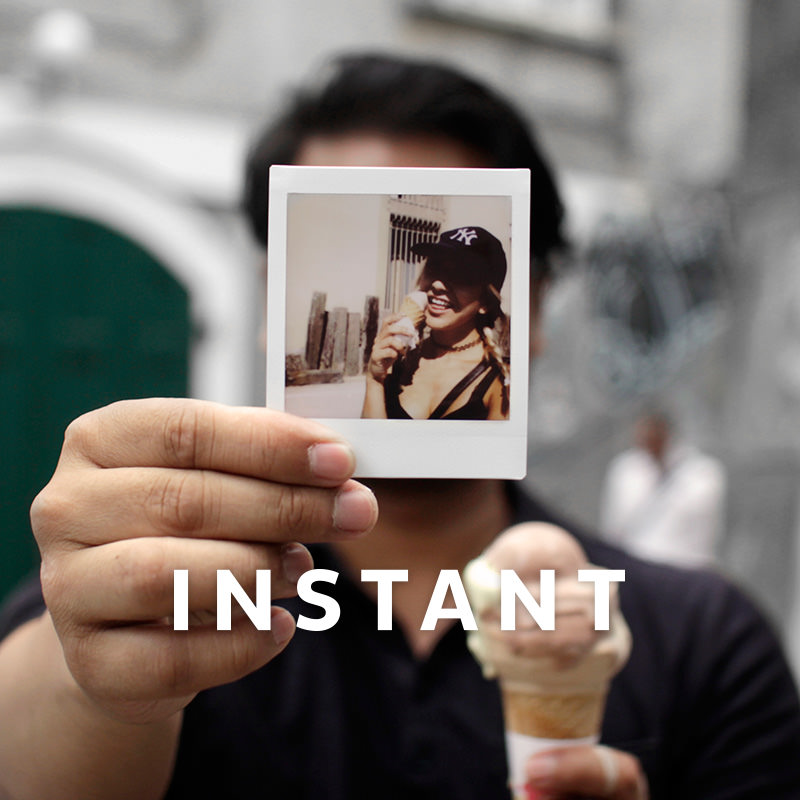
No Comments